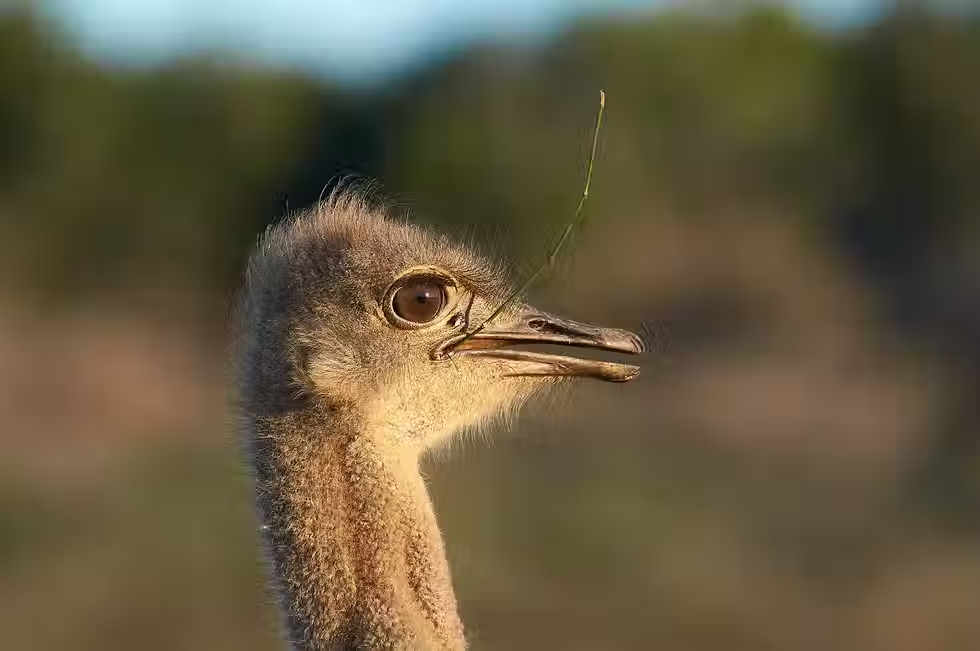Are Ostriches the New Beef? – Living Here
- Marie Megane Clarissa Jean Louis
- Feb 27, 2025
- 1 min read
The article "Are Ostriches the New Beef?" explores the growing potential of ostrich farming as a sustainable alternative to traditional livestock in Canada. It focuses on Universal Ostrich Farms, located in British Columbia, and run by Karen Espersen and Dave Bilinski. Bilinski, originally a cattle farmer, transitioned to ostrich farming in the early 1990s by importing birds from Africa, while Espersen specialized in incubation and hatching. Together, they built a vertically integrated farm, producing not just ostrich meat but also leather, feathers, and oils.
Ostrich meat is highlighted as a nutrient-rich and environmentally friendly option, being low in cholesterol and fat, but high in protein and omega-3 fatty acids, making it an appealing alternative to beef. The birds are also well-suited to Canadian conditions, as they are highly resilient, with lifespans of up to 75 years and the ability to withstand cold winters.
The article sheds light on the economic and environmental advantages of ostrich farming, emphasizing its efficiency compared to cattle farming. While still a niche market, the industry is gaining traction as more consumers look for sustainable and health-conscious protein sources.

Read the full article here: https://livinghere.ca/are-ostriches-the-new-beef/
.png)



Comments